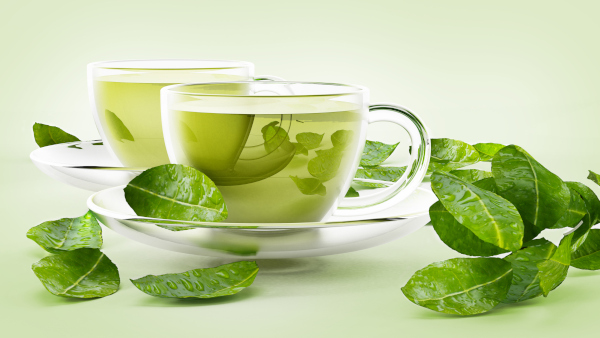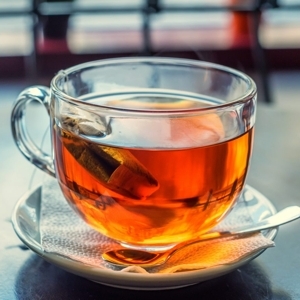Your brain manages millions of bits of information every day. All originate in one place and are headed to another. How does your brain keep the traffic moving efficiently and make sure there are no major losses or misdirections of data? Brew up a cup of Tea and read on…
 Green Tea: a fount of goodness in one little cup…
Green Tea: a fount of goodness in one little cup…
It seems there may be more to the ancient Asian custom of taking regular Tea breaks than meets the eye. We’ve explained how drinking Tea (and other hot beverages) helps cool you in hot weather. Past university studies have also demonstrated other ways that Tea intake is beneficial to human health, and the positive effects include mood improvement and cardiovascular disease prevention. But now, science has discovered a mechanism by which Tea consumption can help your brain stay sharp, in the face of natural aging changes and other stressors.
Leave it to the Asians
Few would argue that Asian physicians are probably the world’s leading experts in Tea research. After all, they’ve had thousands of years to study their native beverage.
Earlier studies by Dr. Feng Lei of the Department of Psychological Medicine at the National University of Singapore (NUS) Yong Loo Lin School of Medicine in Singapore showed that regular Tea consumption can help slow age related declines in cognitive function by as much as 50 percent.
What they discovered
Now, upon analysing the participants’ cognitive performance and imaging results, Feng’s research team have found that individuals who consumed either Green Tea, Oolong Tea, or Black Tea at least four times a week for about 25 years had brain regions that were interconnected in a more efficient way.
“Take the analogy of road traffic as an example -consider brain regions as destinations, while the connections between brain regions are roads. When a road system is better organised, the movement of vehicles and passengers is more efficient and uses less resources. Similarly, when the connections between brain regions are more structured, information processing can be performed more efficiently,” Feng explained.
Next steps
As cognitive performance and brain organisation are intricately related, more research is needed to better understand how functions like memory emerge from brain circuits, and the possible interventions to better preserve cognition during the ageing process. Feng and his team plan to examine the effects of tea, as well as the [specific] bioactive compounds in Tea, can have on cognitive decline.
Meanwhile, have another cup of Tea and feel comforted that you’re doing something good for yourself!
Maggie J.

